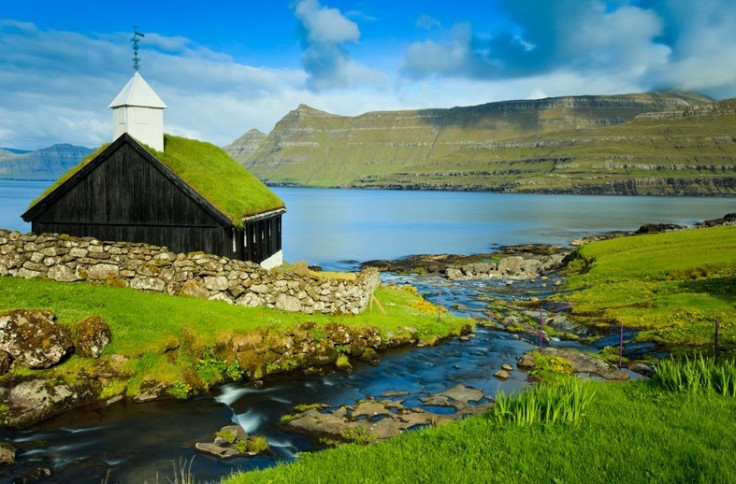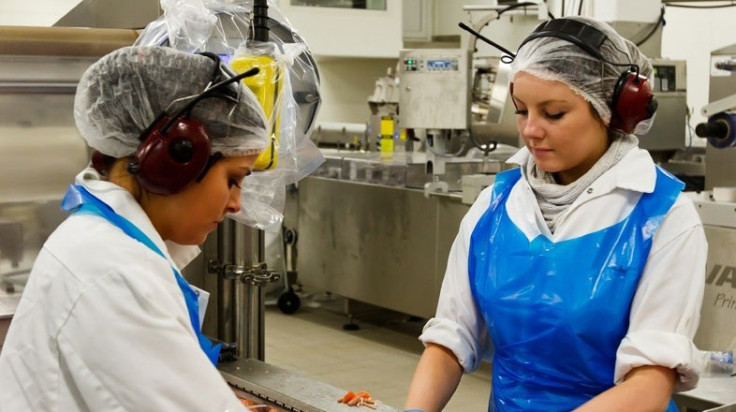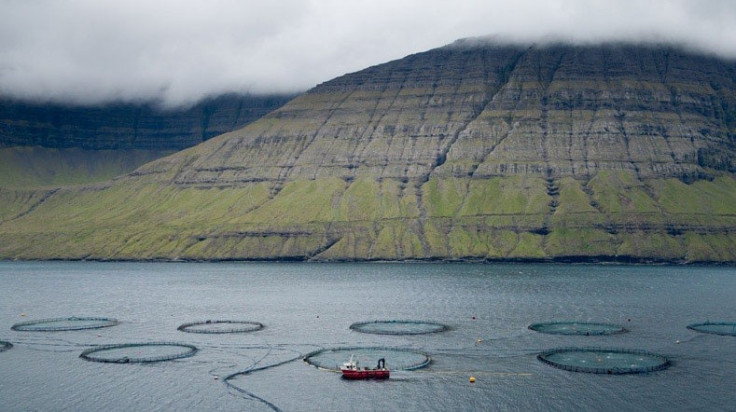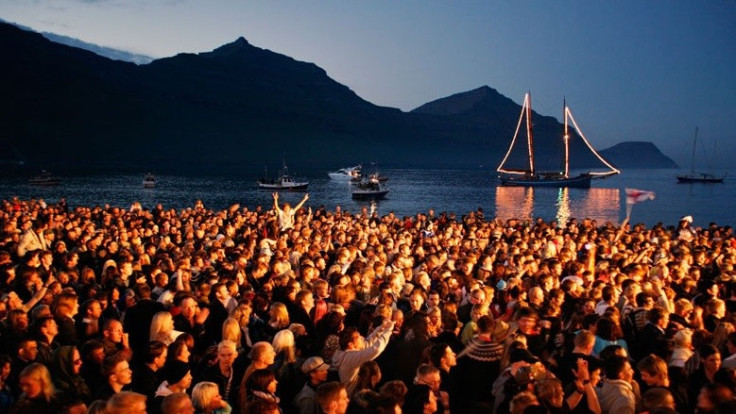Death Warrant for Faroe Islands Fishing Industry? EU Bans Herring and Mackerel Imports

The European Union may have signed a death warrant for the Faroes Islands fishing industry after officials banned the import of herring and mackerel from the self-governing territory into the 17-nation bloc.
Marking the latest round in the battle over sustainable fishing, the EU has decided to throw all its weight behind stopping the archipelago, which only has a population of less than 50,000, from over-fishing in a bid to protect stock.
Furthermore, this tiny country is seemingly such a threat to the fishing industry as a whole that the bloc pledged to also prevent some Faroese vessels from docking in EU ports unless in an emergency.
"The imposition of such measures is always done as a very last resort. The Faroese could have put a stop to their unsustainable fishing but decided not to do so," said European Commissioner for Maritime and Fisheries Affairs Maria Damanaki in a statement.
However, what will this mean for the Faroe Islands, which is situated between the northwest of Scotland and Iceland and Norway, as the fishing industry is its most important source of income?
The Problem with Over-Fishing

Over-fishing is major concern for the EU as, for example, Atlanto-Scandian herring numbers have plummeted over recent years.
Unsurprisingly, in the wake of the financial crisis in 2007, countries such as Iceland ramped up its mackerel fishing from around 37,000 tonnes in 2007 to 146,000 tonnes by 2011.
While mackerel seems relatively abundant, the import ban on both fishing types from the EU is because the two species are generally caught at the same time by the same boats.
The Marine Stewardship Council has already voiced concerns over the Faroe Islands' large fishing quota, which has more than trebled its previously agreed share of the Atlanto-Scandian herring stock.
The MSC has summarily suspended its certificate for the archipelago.
The EU insists that it has "done its best to find a negotiated solution" to the over-fishing problem but it had no choice but to install new measures.
Return of the 'Cod Wars'?

The hardline stance again the Faroe Islands has echoed the 'Cod Wars' from the 1950s and 1970s.
During those periods, the EU battled with Iceland over its alleged over-fishing, which led to the country being prevented from membership to the bloc.
While the Faroe Islands may be a self-governed territory within the Danish Realm further isolation could significantly hurt the country's lifeblood.
According to the archipelago's government data, fishing and its related industries account for around 20% of its GDP while 80% accounts for total export of goods and services.
By preventing the Faroe Islands from trading in the EU territories, the number of available jobs will surely fall.
Already, the nation has faced an unprecedented rise in unemployment. Prior to the financial crisis in 2007, jobless rates stood at only 1.5%. This number rocketed to 7.4% by the end of 2010, which which is relatively high in Faroese terms.
Although, unemployment has fallen, it is still hovering around the 5.1% mark.
End of the Vikings?

Another problem, with comparatively high unemployment levels, is now the uncertainty of keeping the Faroese community, who are descendants of the Vikings, alive.
The government has long acknowledged that the younger generation are fleeing the country and the narrowing of its incumbent industry, fishing, could push the youth further a sea.
"Emigration generally is a challenge to the Faroese society - and thereby the economic development in the long run," said the Faroese government in a statement.
"This is mainly due to the relatively large proportion of young Faroese people who seek an education abroad and do not return.
"The Faroese Government acknowledges emigration as a serious challenge, and has therefore set up a working group to examine the issue and propose possible solutions."
© Copyright IBTimes 2025. All rights reserved.






















